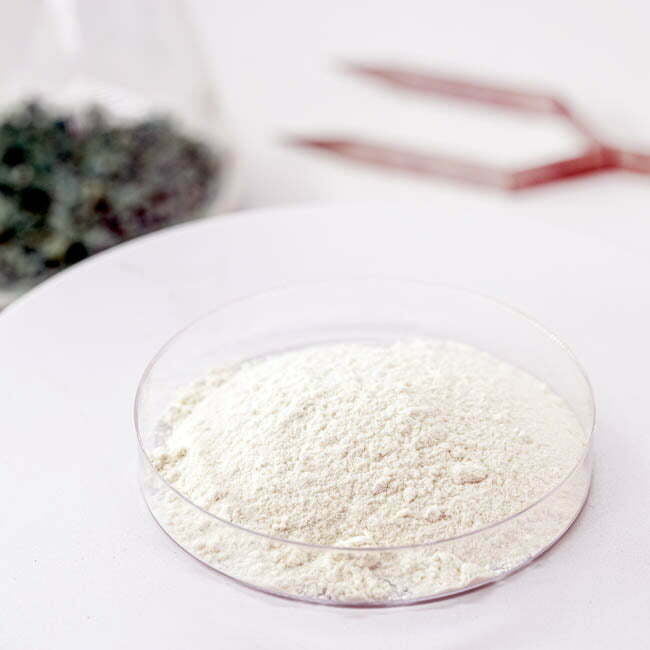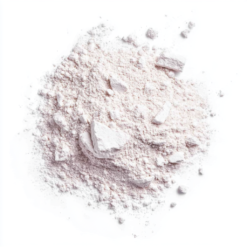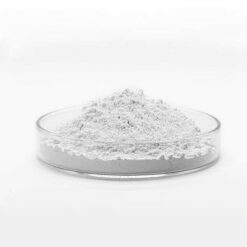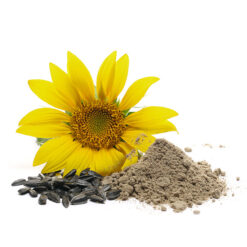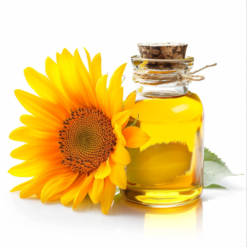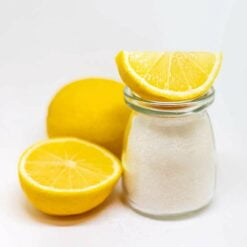Phytoglycogen – properties in cosmetics
In humans, glycogen is full warehouse function energy in the form of glucose. This simple sugar is a substrate in one of the basic processes, which is also a determinant of the vital functions of cells – cell respiration. Glycans (polysaccharides) are also present on the surface of cells, where they participate in the so-called intercellular communication.
Unfortunately, with age, cell renewal slows down and the rate at which ingredients responsible for the elasticity and youthful appearance of the skin (including hyaluronic acid, collagen) are produced. Phytoglycogen can be used in cosmetics for mature skin as an additional injection of sugar, thanks to which older cells will be able to function and “communicate” like new, younger ones. In this way, it is used, among others in creams and tonics with a nourishing and anti-wrinkle effect.
The properties of the phytoglycogen also include action moisturize. This raw material belongs to the group of humectants, i.e. substances responsible for attracting water molecules, binding them and keeping them within the stratum corneum. It creates a protective film that does not allow excess escape of water molecules. As a result, it restores the skin’s hydration, softens and soothes it. It can be used, among others, in creams and facial cleansing products. Cosmetics containing phytoglycogen can be especially recommended for the care of dry, irritated and dehydrated skin.
Phytoglycogen as a cosmetic raw material
In addition to moisturizing the skin, the water-binding properties are also beneficial for the consistency of the cosmetics recipe, thanks to which the creams do not dry out and do not crystallize,
It is believed that the use of cosmetics with polysaccharides such as glycogen is secure and has no allergenic potential as sugars are the body’s natural “fuel”. Thanks to this, they can be recommended to people with sensitive skin and pregnant women.
This raw material can also be used in hair cosmetics. It is especially desirable to prevent water from escaping from the hair in the care of dry and curly hair. In addition, glycogen is also an ingredient in shampoos and other cosmetics anti-hair loss where it works by nourishing the scalp and hair roots.
Recently, phytoglycogen is a popular ingredient in medical devices such as intimate gels and creams . Thanks to its moisturizing properties, it helps to neutralize irritation, burning and itching.
Intimate gels with phytoglycogen reduce dryness in the case of insufficient mucus secretion and discomfort during sexual intercourse. They prevent damage to the epithelium, but also help regenerate the mucosa after damage (e.g. gynecological procedures).
Besides, phytoglycogen in intimate gels it is also a source of glucose for lactic acid bacteria that contribute to the vulva microbiome. The natural microbiome plays a particularly important role in preventing unwanted bacteria from colonizing the vagina. The amount of bacteria significantly decreases in the menopausal period, with excessive drying and the use of antibiotics. A disturbed microbiome may affect the multiplication of pathogens causing intimate infections and deteriorate the protective function of the epithelium. Intimate gels with phytoglycogen moisturize, support the multiplication of lactic bacteria and return the microbiome to a physiological state. They reduce the risk of recurring infections and improve the feeling of comfort.
For perimenopausal women, a significant benefit from the use of this type of product will be the effect of phytoglycogen on improving skin elasticity.
Literature:
- Anna Sobieska, Glycan creams as anti-aging preparations, biotechnologia.pl
- Role of female intimate hygiene in vulvovaginal health: Global hygiene practices and product usage
- https://veriphyskincare.com/blogs/blog/the-role-of-phytoglycogen-in-your-skin
Katarzyna Kopycińska
A pharmaceutical technician with experience working in a pharmacy, providing advice on health and care. She graduated in biotechnology from Nicolaus Copernicus University in Toruń. As a copywriter, she specializes in topics related to health, herbs, and care. Driven by passion, she delves into herbal medicine and natural care methods, and is eager to share the knowledge she has acquired in a simple and accessible way.




